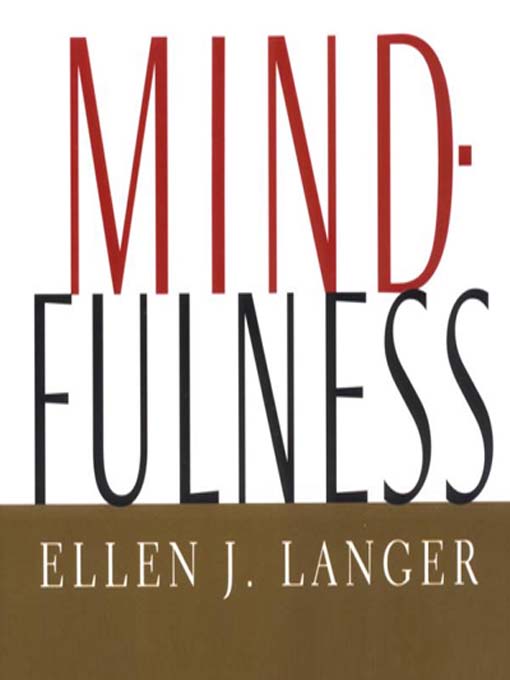Ellen J. Langer, Harvard professor of psychology, determines that the mindless following of routine and other automatic behaviors lead to much error, pain, and a predetermined course of life.
In this thought-provoking audiobook, her research has been "translated" for the lay listener. With anecdotes and metaphors, Langer explains how the mindless (as opposed to the mindful) develop mindsets of categories, associations, and habits of thought born of repetition in childhood and throughout schooling. To be mindful, she notes, stressing process over outcome, allows free rein to intuition and creativity, and opens us to new information and perspectives.
Langer discusses the negative impact of mindsets on business and social relations, showing special concern for the elderly, who often suffer from learned helplessness and lack of options.
Encouraging the application of mindfulness to health, the author affirms that placebos and alternative, mind-based therapies can help patients and addicts move from unhealthy to healthy contexts.


